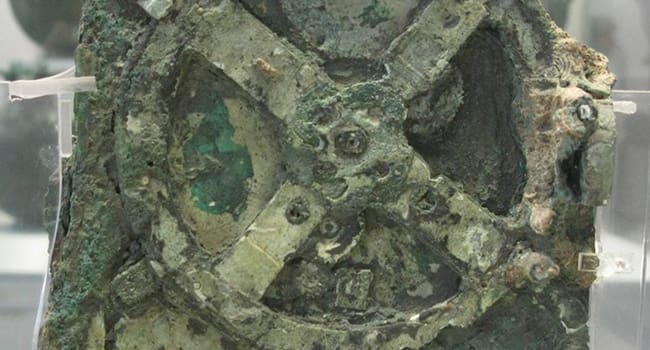 Ancient Greece has endowed us with many significant accomplishments of human endeavour. It has created a monumental footprint and an inspiring legacy in a diverse range of human accomplishments.
Ancient Greece has endowed us with many significant accomplishments of human endeavour. It has created a monumental footprint and an inspiring legacy in a diverse range of human accomplishments.
The ancient Greeks are widely acclaimed for their path-breaking contributions to science, mathematics, democracy, architecture and literature. What’s especially remarkable about these contributions is their lasting impact. They’ve been foundational to the shaping of Western civilization.
Renowned Greek philosophers, mathematicians, astronomers, scientists, medical practitioners, architects, sculptors, poets and playwrights have left an indelible imprint for future generations. Familiar names such as Plato, Aristotle, Socrates, Archimedes, Herodotus, Pythagoras, Sophocles, Euripides, Aeschylus, Hippocrates and many, many more. All of them have made remarkable contributions to human progress and shaped the course of human history.
All of this is common knowledge.
What’s new is an area of scientific discovery not revealed until very recently. It’s a discovery that links ancient Greece with the contemporary computer, the current information technology (IT) revolution and our digital lifestyle.
The discovery of the first known predecessor to the modern computer was found in an ancient shipwreck off the coast of the small island of Antikythera close to Crete. In the context of our digitalized world, this discovery is a monumental historical moment.
A large block of corroded bronze revealed an intricate device consisting of gear wheels and Greek inscriptions. This turned out to be the most precious of the ancient artifacts retrieved from the waters of Antikythera. This device was the world’s first computer and has been dubbed the Antikythera Mechanism.
The date of manufacture of the Antikythera Mechanism has been narrowed to between the last century BC and the first century AD. Archaeologists and scientists who examined the Antikythera Mechanism have marvelled at its technological sophistication and intricate machinery. Clearly, it was ahead of its time by more than 2,000 years. It’s also a historical moment that links the past with the present.
The Antikythera Mechanism had multipurpose functions. It used a complex assembly of meshed cogs and gear wheels to simulate the movement of the planets, predict lunar eclipses and indicate the dates of major sporting events. It modelled the state-of-the-art astronomy of the time, a universe with the Earth at the centre and the planets in circular orbits.
The device came with a manual. Inscribed on every available surface of the mechanism were operational instructions for its use.
Fast forward to the age of internetization in the 21st century. Internetization is a word I’ve coined to describe the global outreach and electronic connectivity in our contemporary lifestyle. Internetization is globalization on steroids. Internetization captures the immense empowerment of the modern computer and electronic connectivity in the service of humanity. In many ways, it reminds us of the scientific empowerment that the Antikythera Mechanism endowed its generation.
The technological journey from the Antikythera Mechanism to the contemporary IT revolution has propelled scientific advances that have resulted in monumental technological advances in the form of computerization, nanotechnology and wireless communication devices.
Hardly a day goes by when we’re not reminded of the foundational contribution of internetization to the 21st century. From the way we shop, eat, dress invest, travel, entertain ourselves, communicate with each other, access health care, exercise our democratic rights and pay our bills. COVID-19 has magnified humanity’s dependence on internetization in our daily lifestyle.
In all of this, internetzation is the medium and the catalyst for transformational change in our personal interactions. The electronic prefix that’s appearing before an increasing number of our daily interactions such as e-commerce, email, e-learning, e-government, e-banking and e-democracy is a tangible expression of the transformational role of the internet and the pervasive influence of internetization.
The moral of this story is that there’s an undeniable continuity to history. The Antikythera Mechanism was one such revolutionary contribution to the empowerment of humanity. The other was the empowerment of internetization in the modern context.
Dr. Constantine Passaris is a professor of Economics at the University of New Brunswick.
Constantine is a Troy Media Thought Leader. Why aren’t you?
The views, opinions and positions expressed by columnists and contributors are the author’s alone. They do not inherently or expressly reflect the views, opinions and/or positions of our publication.


